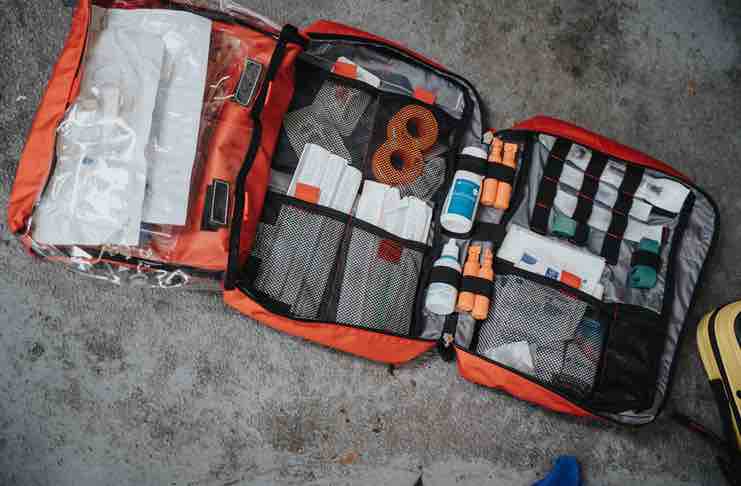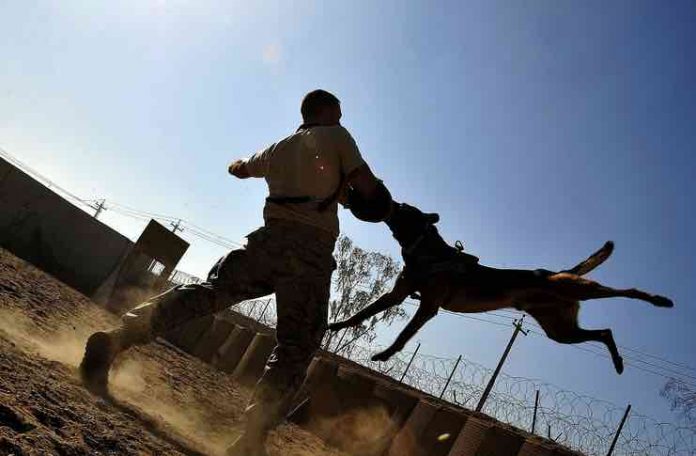Have a snake at home? Or a bunch of big dogs? Accidents happen, and you always need to be ready for them. Start by learning basic life-saving techniques. The knowledge helps save lives and keep your loved ones safe during emergencies.
Nobody anticipates disasters to happen. The least anyone can do is to be prepared when it happens. The basic life-saving skills are vital in emergencies which explains the importance of learning them.
Do You Need Certification?
Certainly, certification comes after rigorous training and learning. You receive training on various life-saving techniques and read useful materials. Online ACLS certification from reputable sites like acls-pals-bls.com/ equips you with vital lessons that can quickly save lives. Other lessons include basic life support and pediatric advanced life support. After completing the course, you can work in any setting and even do volunteer work.
Sign up for local emergency alerts to ensure you receive communication during disasters.
What Else Do You Need To Do?
Disasters, whether natural or artificial, can happen instantly. Besides knowing how to administer basic CPR and use other life-saving skills, you need supplies.
Water
Freshwater mitigates immediate problems like dehydration. Store fresh water in bottles at least a gallon per person. If you have a family, stock at least 15 gallons. The water is for cleaning, cooking, and drinking.
You need water for administering medication. Keep the water safe to avoid contamination which causes health problems like typhoid, cholera, dysentery, and hepatitis.
Food supplies
As a rule, non-perishable foods like cans of beans, tuna, crackers, and ready-to-eat meals. Others are canned vegetables, powdered milk, soups, fruits, grains, and meat.
Stock a variety of foods to ensure you have the essential food for a balanced diet to keep everyone healthy. Keep basic utensils like plates, cups, spoons, forks, knives, and can opener.
First-aid supplies
Stock medical supplies like glucose monitors, inhalers, pain killers, bandages, hand sanitizers, and emergency funds. Also, have syringes, suture kits, and splints.
These supplies ensure you can get started immediately and even help your neighbor, a stranger, or loved ones in an emergency. Always have a week’s worth of supplies, whether prescription medications or antibacterial creams.

Survival kits
Stock basic clothing supplies and survival kits like flashlights, knives, a map of the area, etc. Have waterproof matches for starting a fire, a multi-tool, and a whistle. Buy a weather radio to keep you informed about weather alerts. Pack your personal care items like shampoo, toothbrush, and toothpaste. Essential documents
Never leave your identification documents behind. Make copies of documents like birth certificates, marriage licenses, driver’s licenses, your emergency disaster plan, and contact information. Plus, have your insurance cards, whether medical, auto, life, or house. Don’t forget your passports, state identification, and social security cards.
The goal of preparation is to ensure people are safe during emergencies. Evacuation may be necessary to a public shelter, so have essential supplies. Emergency skills like basic life-saving techniques come in handy and help keep someone alive until medical assistance arrives.
Volunteer in your community during emergencies and teach others what to do to stay safe.



